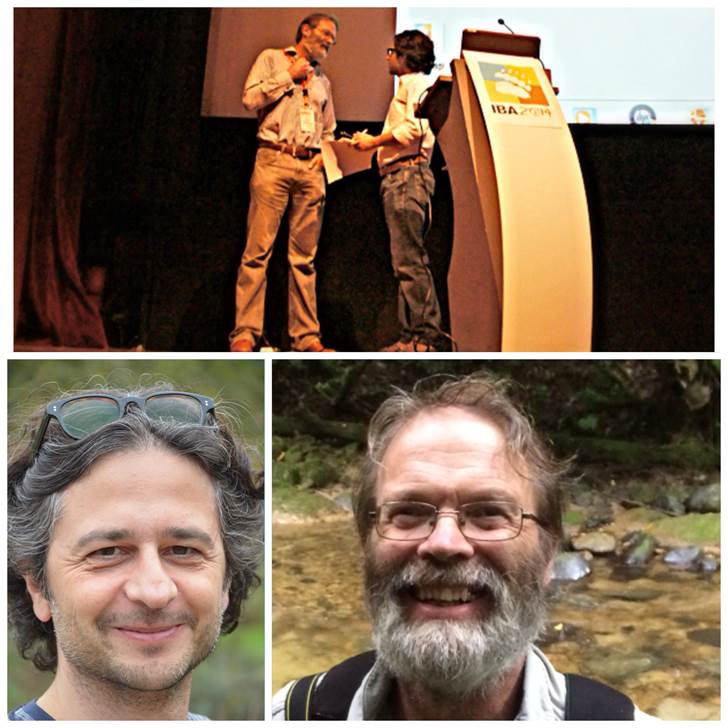News
Are we solving the right problem? Working for human-bear conflict resolution in developing countries
WildCRU’s Dr O Emre Can and Professor David Macdonald organized a half-day workshop titled “Are we solving the right problem? Working for human-bear conflict resolution in developing countries” at the 23rd International Conference on Bear Research and Management. The workshop was part of the IBA conference held in Thessaloniki, Greece during 5-11 October 2014.
A recent WildCRU study (Can et al. 2014) published in Conservation Letters showed that human-bear conflict and its affect on bear conservation is believed to be increasing in many areas across the range of bear species. According to United Nations, in about three decades, 87% of the world’s population (7.8 billion people!) will be living in developing countries where many people will find themselves near bears, making conflicts increasingly likely. Therefore a closer look at human-bear conflict in developing countries was needed.
The human-bear conflict workshop was composed of two sessions. Emre chaired the session in which invited speakers from Bulgaria, Lao PDR, Indonesia, Slovakia, Bolivia, Nepal and USA presented country status reports. David chaired the round table session in which presenters and audience interacted with each other to discuss what is needed to make a positive change in conflict management, how to transfer the lessons learned between people and countries and how the professional community of bear researchers and conservationists can best help those researchers working in developing countries.
Human-bear conflicts cause financial losses, injuries and even death to people. Failure in mitigating the conflicts in poorer parts of the world may reduce society’s tolerance of bears and hamper conservation efforts. The bedrock of management and conservation is evidence, and evidence comes from research. However, research per se does not guarantee success since the link between science and policy is not straightforward. Therefore the development of effective mitigation policies is essential, particularly in developing countries to make a positive difference to millions of people’s lives as well as bears. In fact, this is true not only for bear species but also for other large carnivore species as well.






